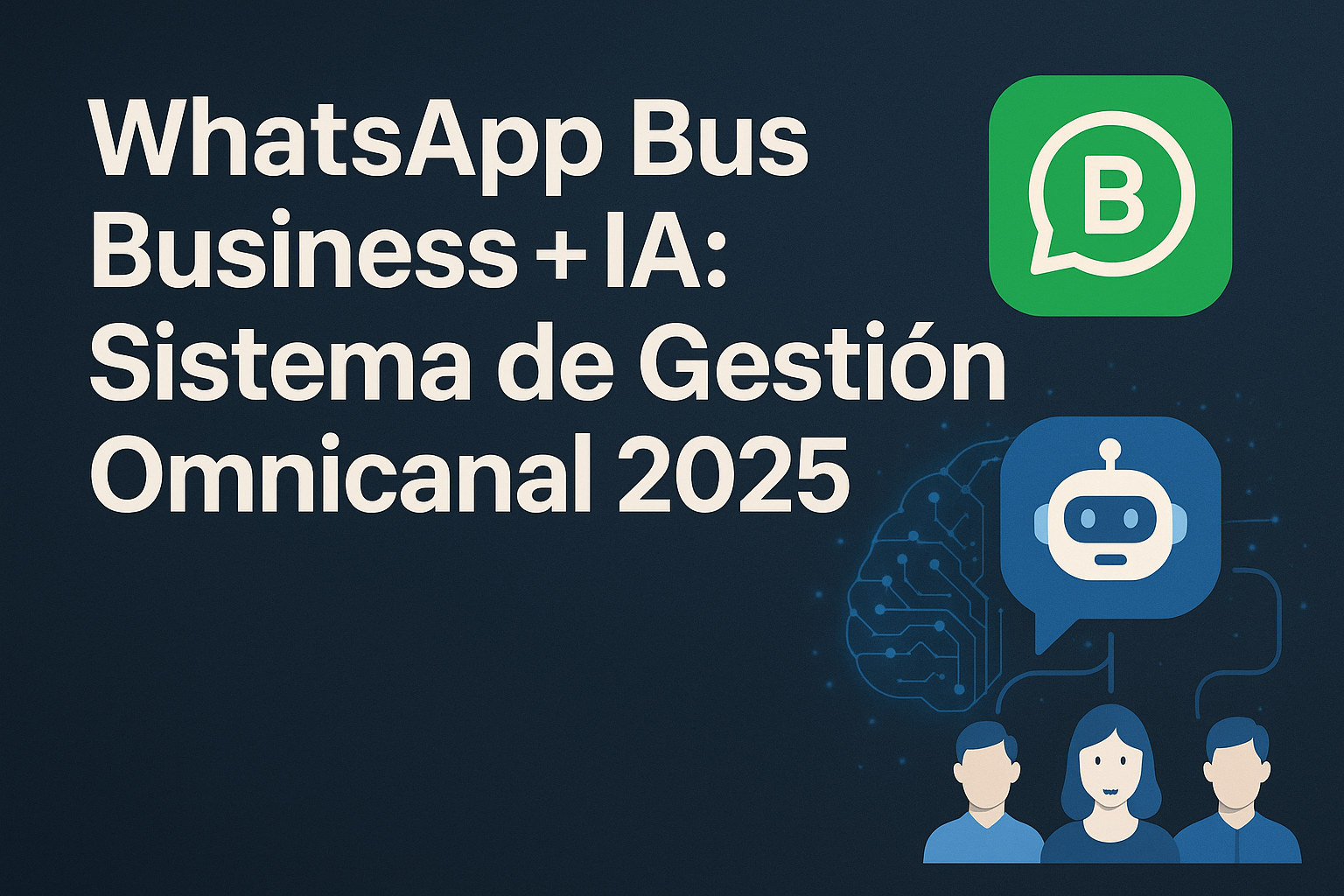How AI-Powered Underwriting is Transforming the Spanish Insurance Market
The digital revolution has reached a pivotal point in the Spanish insurance industry, with artificial intelligence (AI) at the heart of groundbreaking change. In today’s competitive landscape, AI-powered underwriting is rapidly redefining risk assessment, policy pricing, and customer experience across Spain’s insurtech sector. For executives and investors seeking to unlock new value in one of Europe’s most dynamic insurance markets, understanding the implications and opportunities of AI-driven underwriting is essential. This article dives deep into how advanced analytics and machine learning are reshaping traditional processes, empowering insurers to reduce fraud, accelerate policy issuance, and deliver hyper-personalized products—all while navigating Spain’s evolving regulatory environment.
The New Era of Risk Assessment: How AI is Reshaping Underwriting in Spain
Spain’s insurance market has long relied on traditional methods for risk evaluation—a process marked by manual data analysis, paper-based documentation, and significant human judgment. The emergence of AI-powered underwriting solutions signals a fundamental shift. By leveraging vast data pools—from telematics in auto insurance to IoT-enabled smart homes—insurers can now build granular risk profiles that far surpass the accuracy of legacy systems. This transformation enables more precise premium calculations based on real-time behavioral data rather than historical averages.
Insurtech startups and established carriers alike are investing heavily in machine learning algorithms that automate routine underwriting tasks. These systems process thousands of variables within seconds: analyzing credit scores, health records (with user consent), driving habits, property conditions, and even weather patterns relevant to claims probability. The result is not only faster turnaround times for policy approvals but also a reduction in operational costs—a key factor as Spanish insurers face increasing price competition from agile digital entrants.
Perhaps most critically for risk management teams, AI-driven tools enable continuous model refinement as new information becomes available. Unlike static actuarial tables updated annually or quarterly, modern AI engines learn from each claim processed or customer interaction logged. This adaptability allows underwriters to swiftly respond to emerging risks—such as those presented by climate change or cyber threats—which are particularly relevant for Spain given its varied geography and digitalization rate.
Advanced Data Integration: Unlocking New Value with Machine Learning
The integration of advanced analytics into core underwriting processes marks a decisive moment for Spain’s insurtech evolution. High-value keywords such as “machine learning insurance models,” “predictive analytics for Spanish insurers,” and “real-time data integration” have become central topics among C-level leaders aiming to future-proof their operations. By synthesizing structured datasets (demographics, transaction histories) with unstructured sources (social media sentiment analysis or satellite imagery), leading insurers are unlocking unprecedented insights into both individual behavior patterns and broader market trends.
This holistic approach offers distinct advantages for product innovation within Spain’s diverse regions—from urban centers like Madrid or Barcelona where demand exists for usage-based auto policies to rural areas needing tailored agricultural risk coverage. Insurtech companies operating locally leverage partnerships with home automation providers or telecommunication firms to capture live data streams that feed directly into pricing algorithms—a clear competitive edge over traditional players relying on outdated information silos.
Moreover, regulatory compliance remains a pressing concern amid rapid technological change. The European Union’s General Data Protection Regulation (GDPR) sets strict guidelines regarding personal data use; however, recent updates from Spain's Directorate-General for Insurance and Pension Funds (DGSFP) encourage responsible innovation through regulatory sandboxes designed specifically for insurtech pilots involving AI-driven underwriting models. These initiatives not only foster trust among consumers wary of privacy breaches but also ensure that new solutions align with national standards—ultimately accelerating widespread adoption throughout the Spanish market.
Navigating Challenges: Expert Insights & Strategic Recommendations
Despite its promise, implementing AI-powered underwriting poses complex challenges—from technical integration across legacy IT systems to ensuring transparency within algorithmic decision-making processes (“explainable AI”). Leading experts suggest starting with hybrid approaches that combine automated scoring models with human oversight during initial rollouts; this mitigates reputational risks associated with “black box” outcomes while building internal expertise gradually.
A critical success factor lies in developing robust data governance frameworks capable of handling sensitive customer information ethically and securely—particularly important given heightened scrutiny from both regulators and advocacy groups within Spain's financial services sector. Collaborating closely with technology partners skilled in anonymization techniques or federated learning architectures helps safeguard privacy without sacrificing analytical power.
Forward-thinking insurers should also focus on upskilling their workforce through targeted training programs covering both technical skills (data science fundamentals) and soft skills (change management). Real-world case studies from leading Spanish insurtechs highlight how cross-functional teams—including actuaries working alongside software engineers—drive successful transformation initiatives by aligning business objectives with cutting-edge technological capabilities.
Conclusion
The rise of AI-powered underwriting represents a watershed moment for the Spanish insurance industry—delivering operational efficiencies, enhanced risk modeling precision, faster product innovation cycles, and superior customer experiences across all lines of business. As global investors look toward Spain as an emerging insurtech hub in Southern Europe, those able to navigate evolving regulatory landscapes while harnessing real-time analytics will gain sustainable competitive advantage in the years ahead. To fully capitalize on these developments—and address challenges ranging from algorithmic transparency to cultural adaptation—insurance leaders must act decisively by investing in talent development and forging strategic alliances across the ecosystem.
📢 Contacta con nuestro equipo de alianzas para explorar oportunidades de colaboración: Haz clic aquí

.png)
.jpeg)

